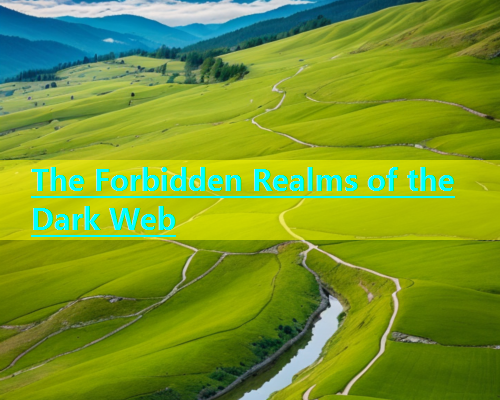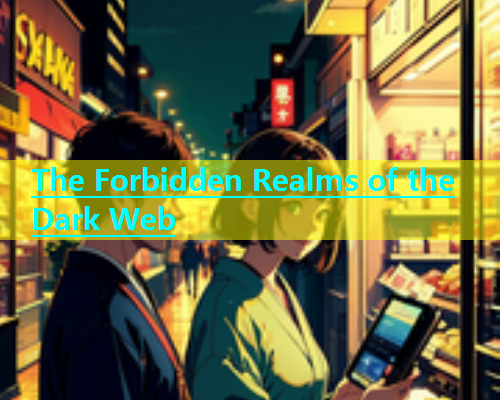The Forbidden Realms of the Dark Web
- 暗网禁区下载
- 2024-11-16
- 386
2.1
2.2
3.1
3.2
4.1
4.2

5.1
5.2
5.3
Introduction
The dark web is a hidden segment of the internet that has garnered significant attention due to its association with both illicit activities and legitimate uses of anonymity. This article explores the various facets of the dark web, including its structure, how to access it, the types of content available, and the risks involved.
Understanding the Dark Web
Definition and Structure
The dark web refers to a collection of websites that are not indexed by traditional search engines and require specific software to access, such as The Onion Router (Tor). Unlike the surface web, where content is easily accessible and indexed, the dark web operates under layers of encryption that provide anonymity to users.
History of the Dark Web
The origins of the dark web can be traced back to the early 2000s with the development of Tor, initially created for secure communications by the U.S. military. Over time, it evolved into a platform used by various groups, including activists, journalists, and those seeking privacy from government surveillance.
Accessing the Dark Web
Tools Required
To access the dark web, users typically need to download Tor Browser, which allows them to navigate .onion sites while maintaining anonymity. Additionally, using a Virtual Private Network (VPN) can enhance security by masking users' IP addresses.
Navigating Dark Web Sites
Navigating the dark web can be challenging due to its lack of indexing. Users often rely on directories like The Hidden Wiki, which lists various .onion sites but can also lead to dangerous content if not approached cautiously.
Types of Content on the Dark Web

Legal Uses
Despite its notorious reputation, many individuals use the dark web for legitimate purposes. Activists in oppressive regimes utilize it to communicate securely without fear of surveillance, while journalists may use it to share sensitive information anonymously. Educational resources like Sci-Hub provide access to academic papers that are otherwise behind paywalls.
Illegal Activities
Conversely, the dark web is infamous for hosting illegal activities, including drug trafficking, weapons sales, and illegal pornography. The anonymity provided by Tor has made it a haven for cybercriminals and those engaging in illicit trade.
Popular Dark Web Platforms
Hidden Wiki
The Hidden Wiki serves as an unofficial directory for navigating dark web sites. It contains links to various services but also risks exposing users to harmful content.
Sci-Hub
Sci-Hub is a well-known platform on the dark web that offers free access to millions of academic papers, challenging traditional publishing models but also raising legal concerns regarding copyright infringement.
ProPublica
ProPublica is a nonprofit news organization that uses the dark web to protect its journalists and sources from potential reprisals when reporting on sensitive issues related to power abuses and corruption.
Risks and Security Concerns
While accessing the dark web can offer anonymity and freedom from censorship, it also poses significant risks. Users may encounter scams or malicious software designed to exploit unsuspecting visitors. Furthermore, engaging in illegal activities can lead to severe legal consequences if caught by law enforcement agencies monitoring these platforms.
Conclusion
The dark web remains a complex and multifaceted part of the internet that serves both beneficial and harmful purposes. As technology evolves, so too does the landscape of online anonymity and illicit activity.
Further Reading and Resources
Books: "Darknet: A Beginner's Guide to Staying Anonymous" provides insights into navigating this hidden part of the internet.
Websites: Resources like Kaspersky's guide on deep and dark web safety offer tips for secure browsing.
Research Articles: Academic studies on user behavior within the dark web contribute valuable data on its usage patterns.
By understanding both its potential benefits and inherent dangers, users can make informed decisions about their engagement with this enigmatic realm of cyberspace.
本文由天蚕胡萝卜于2024-11-16发表在暗网禁地,如有疑问,请联系我们。
本文链接:http://whale-kids.com/awjqxz/53.html

















